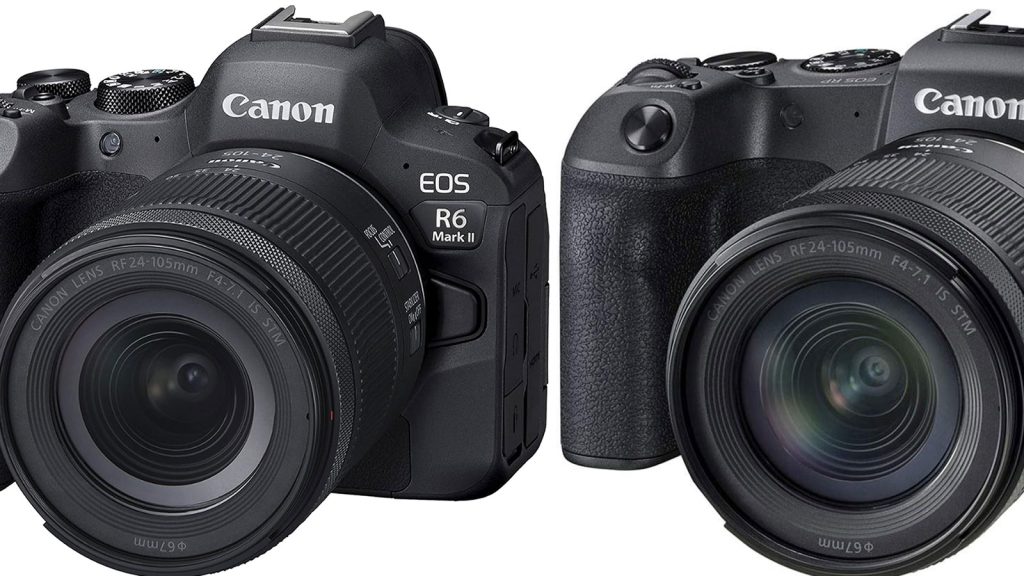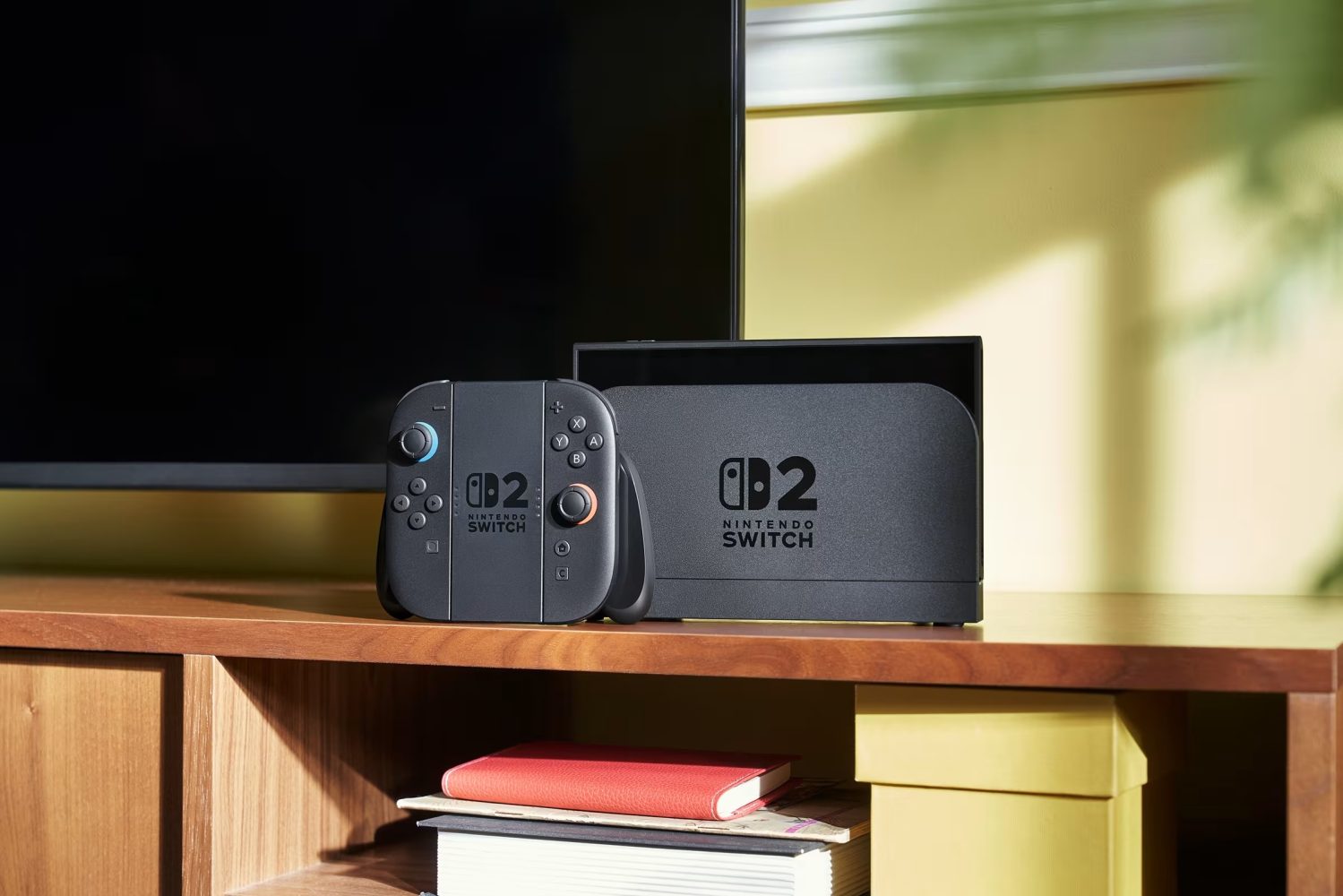Now Reading: If Google is forced to sell Chrome, you should be wary of the buyer
-
01
If Google is forced to sell Chrome, you should be wary of the buyer
If Google is forced to sell Chrome, you should be wary of the buyer
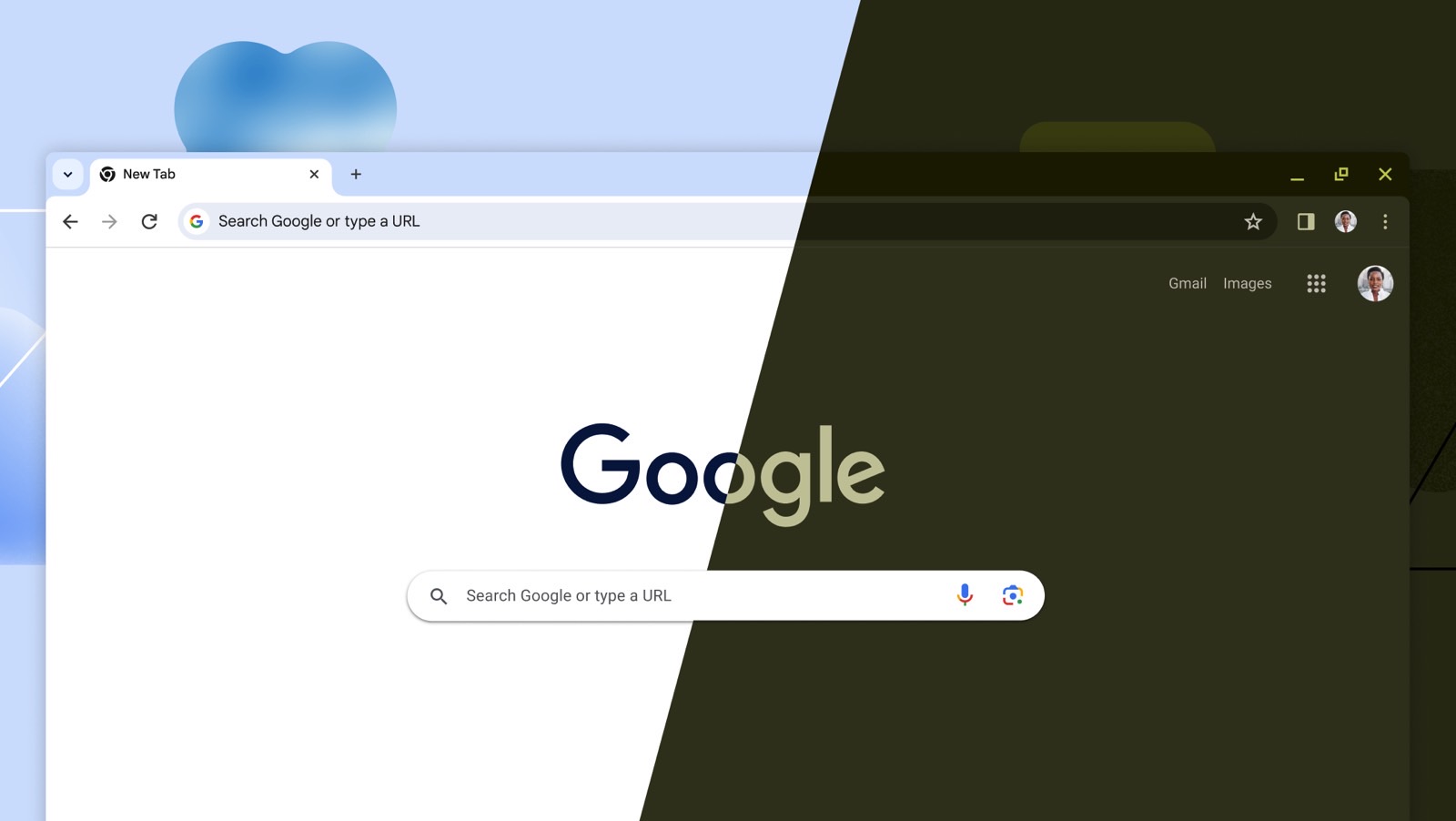
Iâm a longtime MacBook user browsing the web primarily through Microsoft Edge. It might seem a very odd choice, considering that Apple has a great browser built into macOS, and Safari is even better for privacy than any alternative. Also, Edge is essentially a Chrome clone that Microsoft developed once it was clear its previous internet-exploring products would not be able to compete against the real thing.
Safari isnât good for my needs, however. It just doesnât âjust work.â Google Chrome used to be a big resource hog and impact the Macâs performance. Thatâs how I ended up using Microsoft Edge several years ago, and Iâve been a happy user ever since.
But I still care about who owns Google Chrome, especially now that Google risks having to sell the worldâs most popular browser to settle its massive Google Search monopoly problem.
Selling Chrome is one of the DOJâs proposed remedies to reduce Googleâs search monopoly, which is giving Google nightmares. Thereâs no question that Chrome has been instrumental to Googleâs Search success. Selling it might impact its revenue directly, as whoever ends up owning Chrome might use the browserâs massive market share to steer users toward other online search engines.
Thatâs no longer speculation. Google is facing the DOJ in court at the time of this writing, and we already have three companies that have expressed interest in purchasing Chrome. All of them are involved in internet search.
While I happen to think that Google being forced to sell Chrome would be a great win for consumers, Iâm also very interested in who will own the company. Not because Iâd return to Chrome once Google abandons it, but because the owner of the most-used internet browser in town will have a huge influence on what internet browsing looks like.
This weekâs hearing in the DOJ vs. Google case revealed the names of three companies that would be interested in buying Chrome. These are OpenAI, Perplexity, and Yahoo. All of them are interested in internet search and/or operate search products.
OpenAIâs ChatGPT Search is already a tool I use frequently via ChatGPT. Itâs very easy to set as the default search engine on internet browsers, even if youâre not paying for ChatGPTâs premium tiers. Having OpenAI run a browser and give it an AI-first focus is something we might see happen, whether thatâs a future version of Chrome or something of OpenAIâs own making.
Perplexity is another AI-powered way to search the web for information. Iâve used it more during its early days, but I canât say Iâve had reasons to return to it more recently. It sure looks like they want to do exactly what Google has been doing all these years, and track users everywhere for personalized ads.
As for Yahoo, well, sigh. Of all the companies eying Chrome, I hope itâs not Yahoo. Chrome needs a future, and Iâm not sure Yahoo can deliver one.
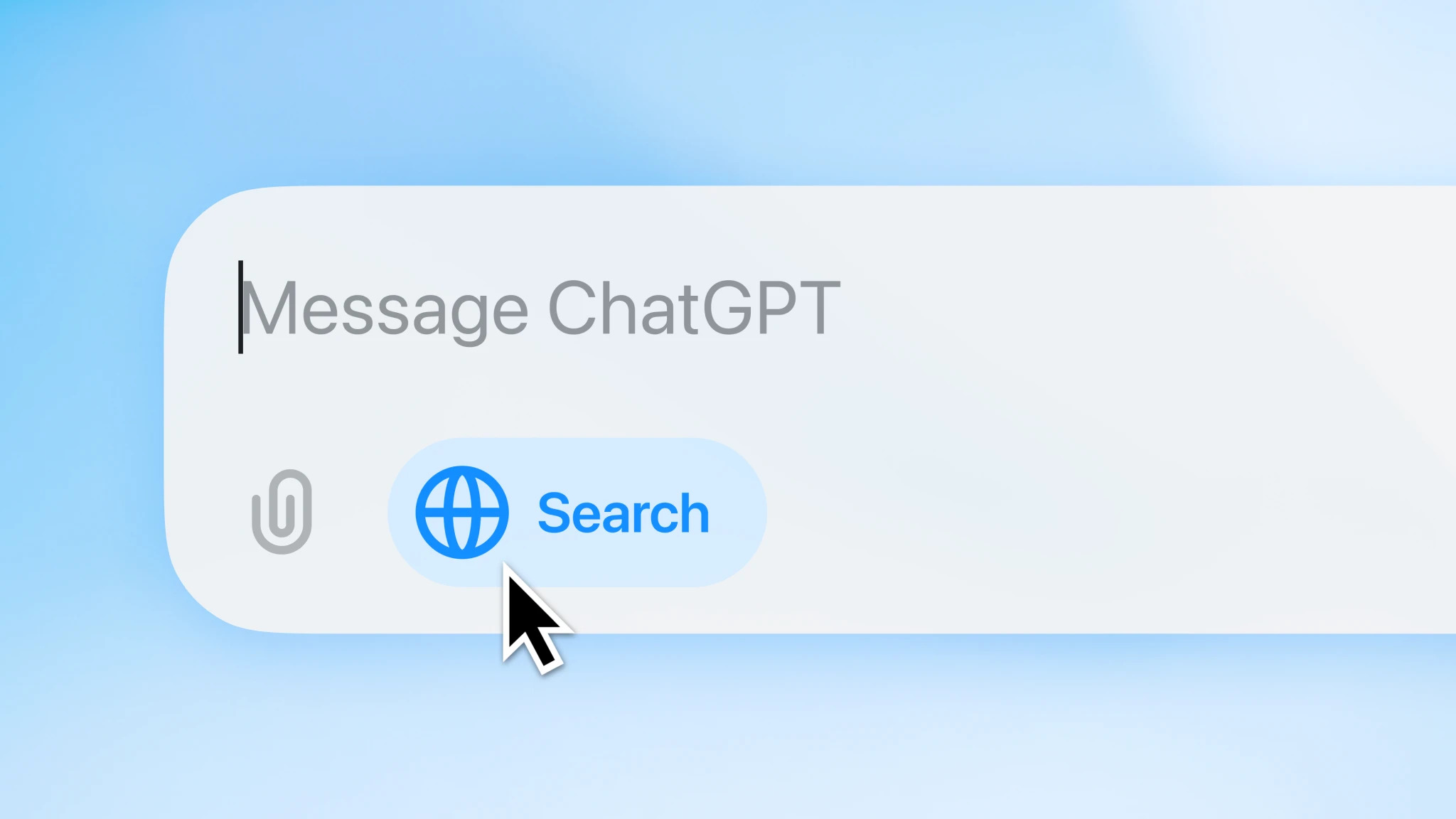
I might not appreciate what Google has done with Search when it comes to user tracking and privacy, but Google makes good software products. Thatâs how they get you and your data. You get free tools like Google Search, Gmail, YouTube, Maps, and Chrome, and then pay with your data.
And Google made sure it built the best possible internet browser it could, so many people ended up using it, and Google Search alongside it. Chrome became so good that it crushed rivals with incredible ease. Microsoft pivoting to create a Chromium-based Chrome clone is proof of that.
Google has continued upgrading Chrome, making it faster and more secure over the years. It also fixed its performance problems that made me leave it. I could always return to Chrome, but Edge is also very fast and reliable.
Microsoft and everyone else in the browser-making business still take their leads from Chrome. Google is in a position where it can still dictate terms when it comes to the state of internet browsing, and others will follow.
Yes, other internet browsing companies are trying to come up with novel ways to browse the web, but what Chrome brought to the table is good enough for me. Iâm just using the Edge version of the Chrome standard.
Thatâs where Iâm getting at. Iâm practically using a version of Chrome without it being the real thing. Iâm using a version of Chrome that works exactly like Chrome, including the vast array of extensions. Microsoft will continue to improve Edge, but it needs the real thing, Chrome, to apply pressure.Â
Without a strong player like Chrome, Iâm afraid Edge canât be that good either. Thatâs why I care who ends up owning Googleâs browser: That company will control internet browsing trends in the AI era, at least for a while.
Whoever ends up paying possibly tens of billions for Chrome will end up with a commanding market share theyâll want to keep and improve. Theyâll want to leverage that user base and make money in the process with their own search products.
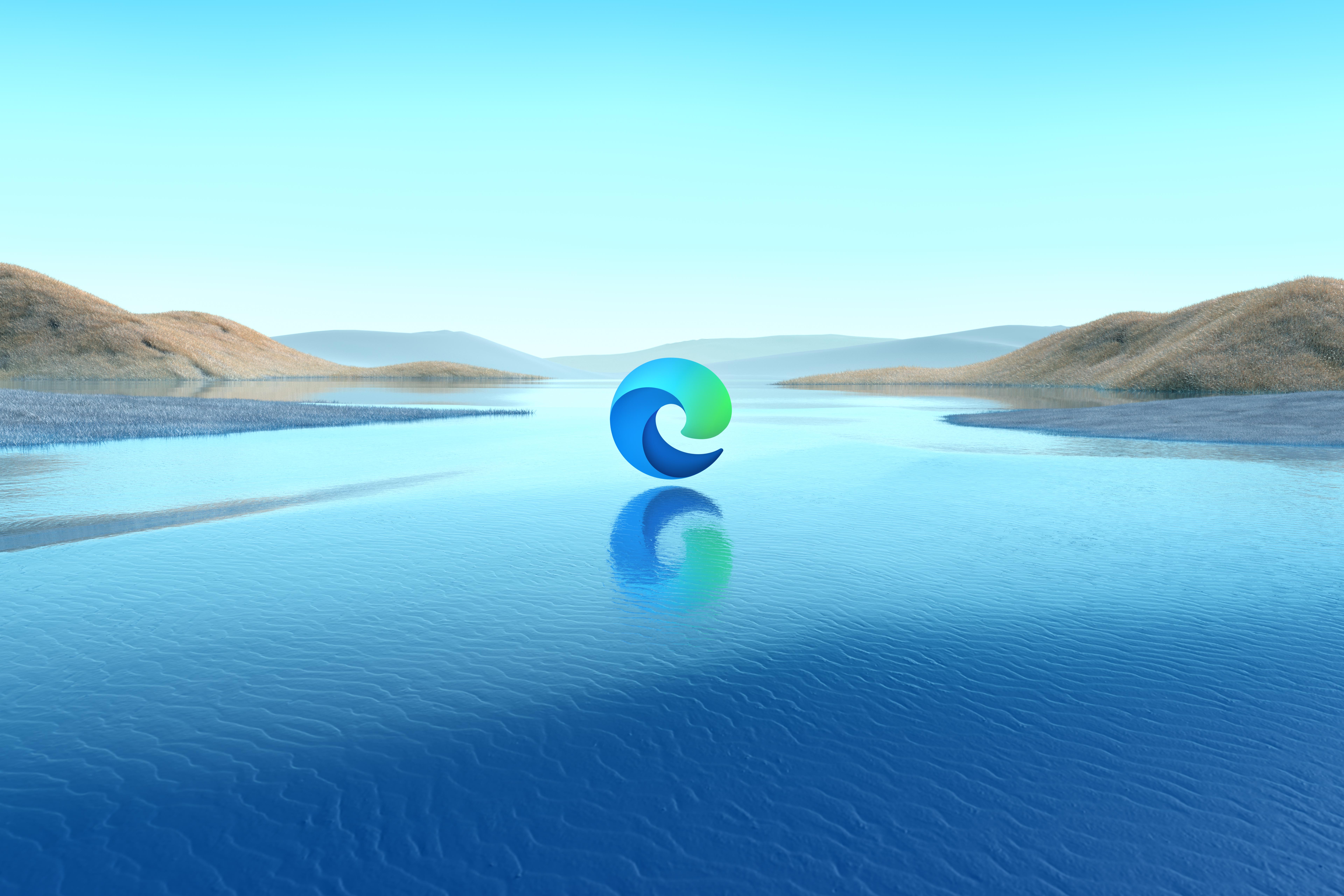
Most people will not abandon Chrome or Google Search overnight if the browser gets a new owner. But people will leave Chrome if the product fails to offer a reliable internet browsing experience.
The brighter Chromeâs future, the better my internet experience will be, even if I never return to using the browser Google invented.
That future could continue to be bright under Google; thereâs no question about it. But I also think Google shouldnât be in charge of Chrome any longer, given all of its practices that got a judge to say Google is running a Search monopoly.
Itâs all Googleâs fault here. Itâs not just all the behaviors that led to the DOJâs big win in this Search antitrust case.
Google had a big chance to score a massive win for Chrome in the past few years and redefine internet search and user privacy. It could have come up with a great way to eliminate third-party cookies, reduce user tracking, and improve privacy for all internet users choosing Chrome. That sort of tech might have impacted Googleâs bottom line in the process, but everyone in the industry would have had to adapt and follow suit.
That could have been a revolutionary change that would have refrained the conversation and might have even improved its standing in the antitrust case. Google had no guts to do it, and thatâs another reason for someone else to take over Chrome ownership.













